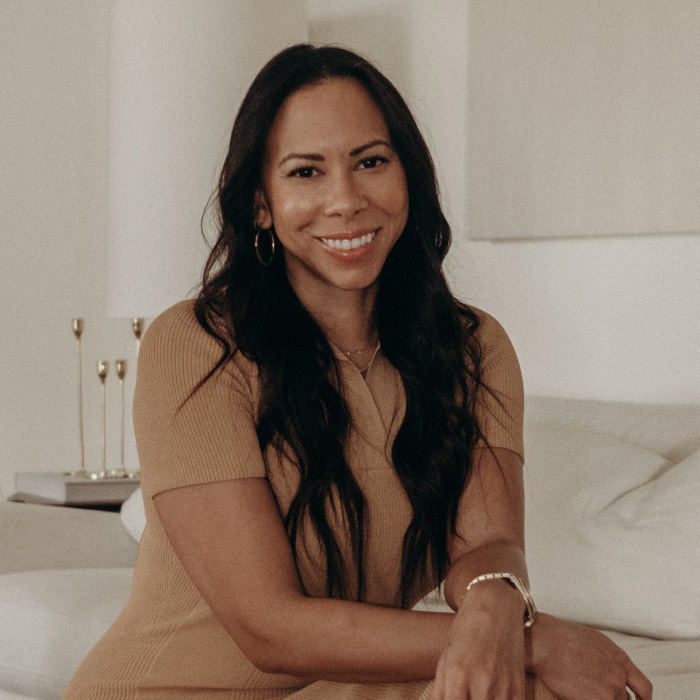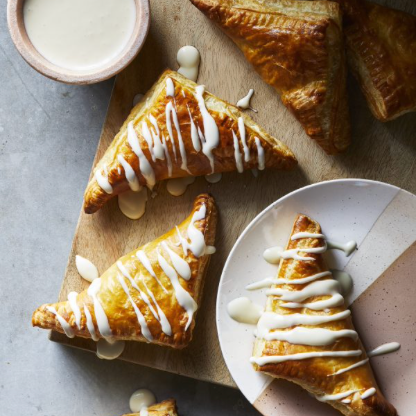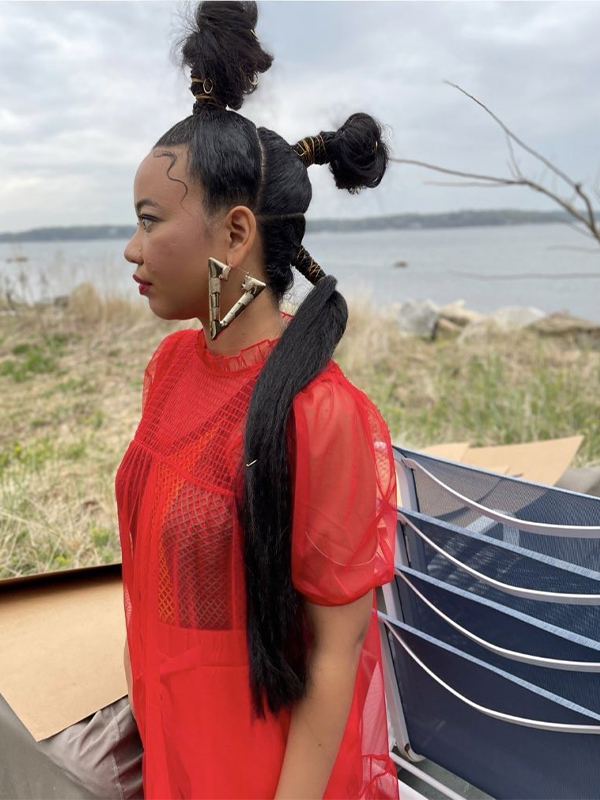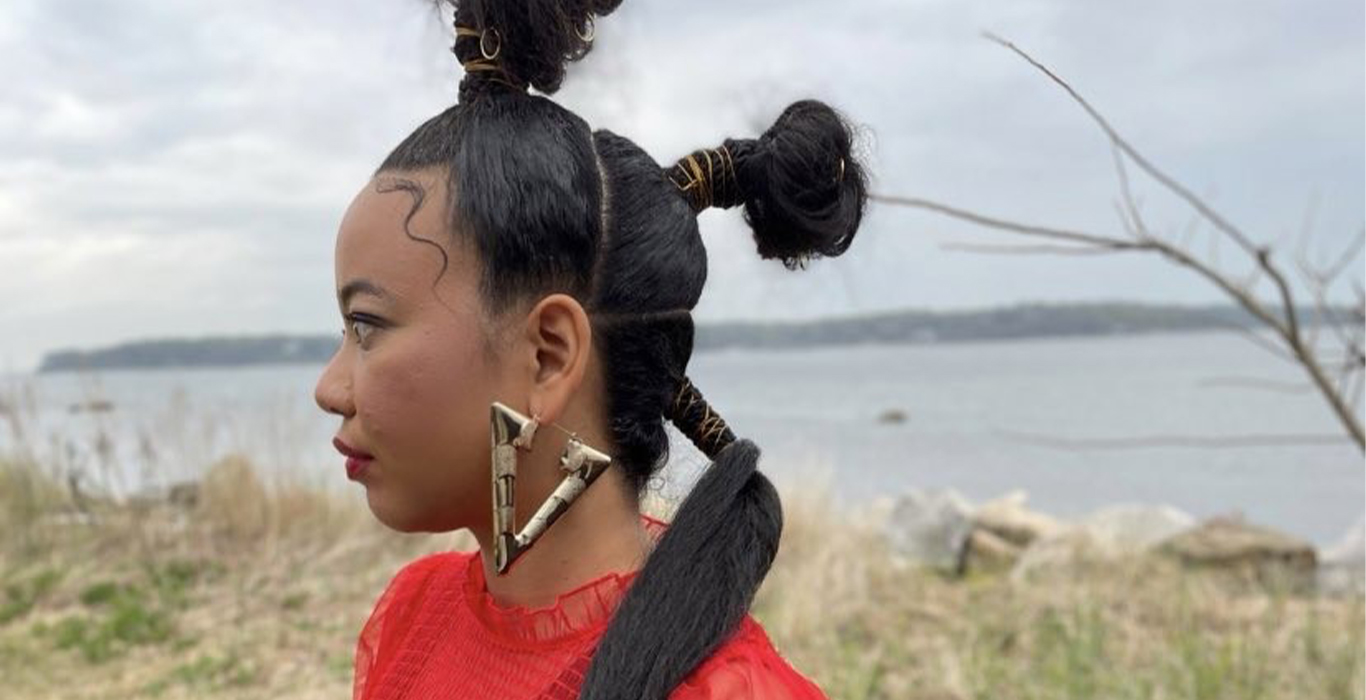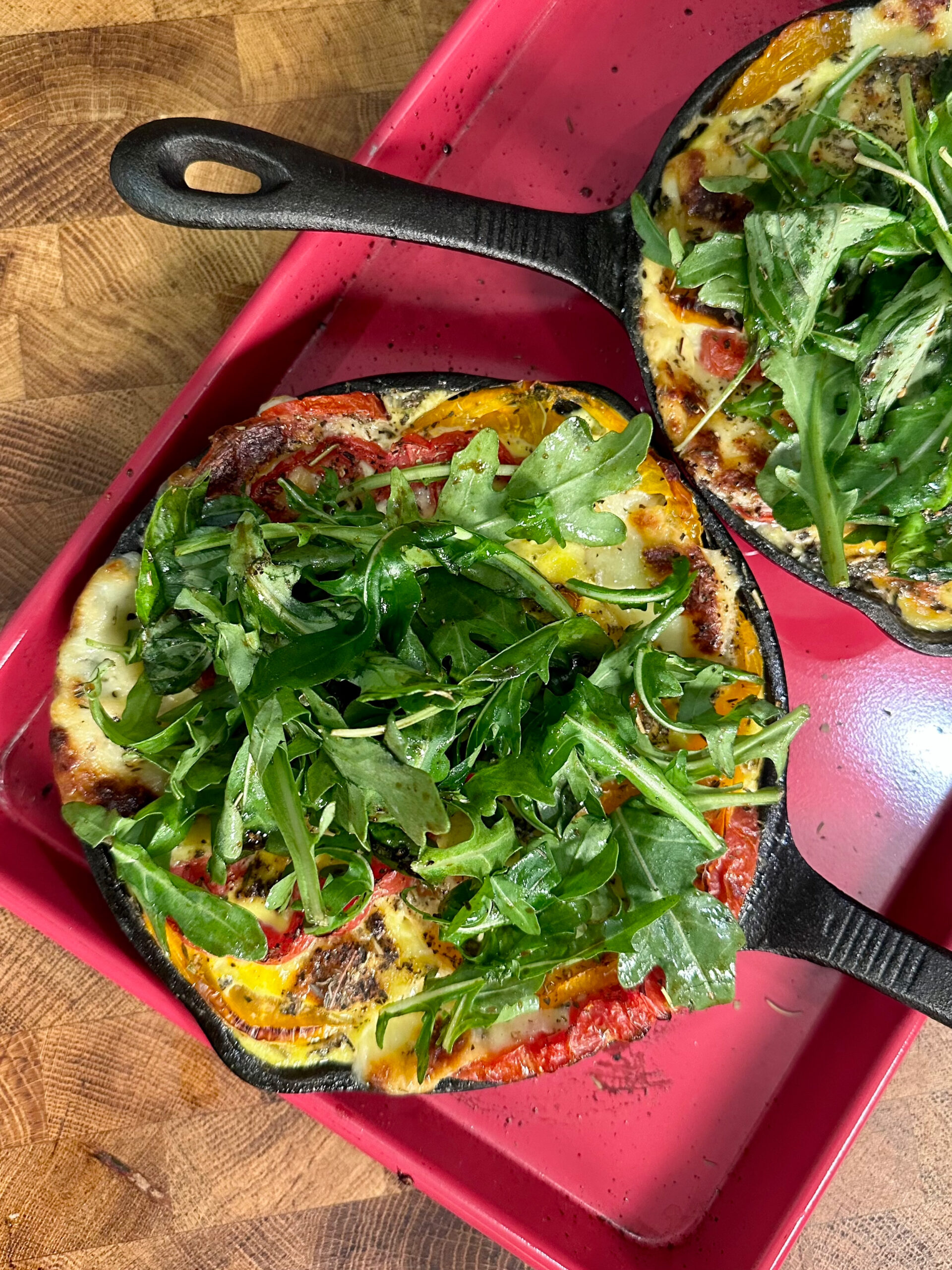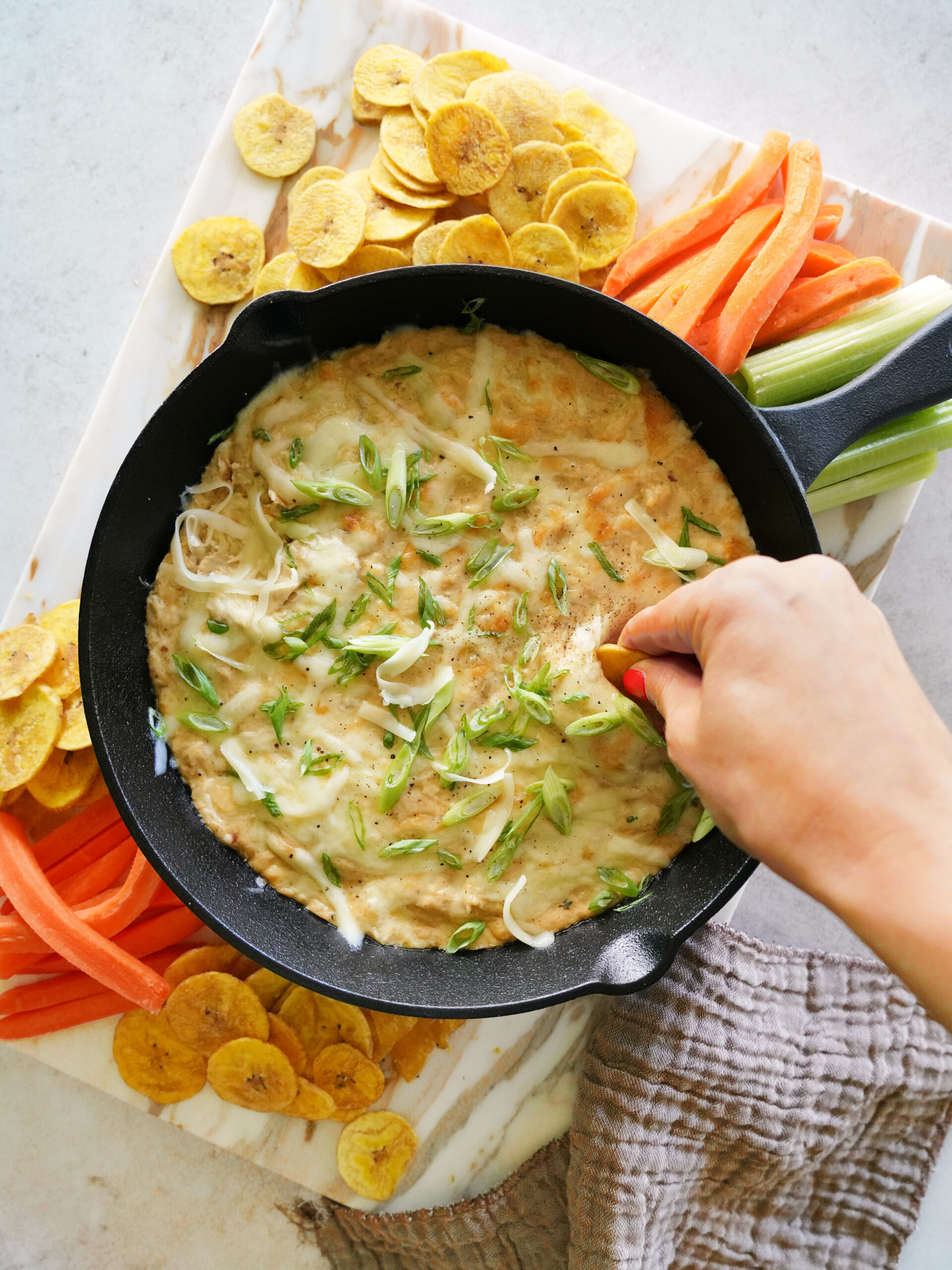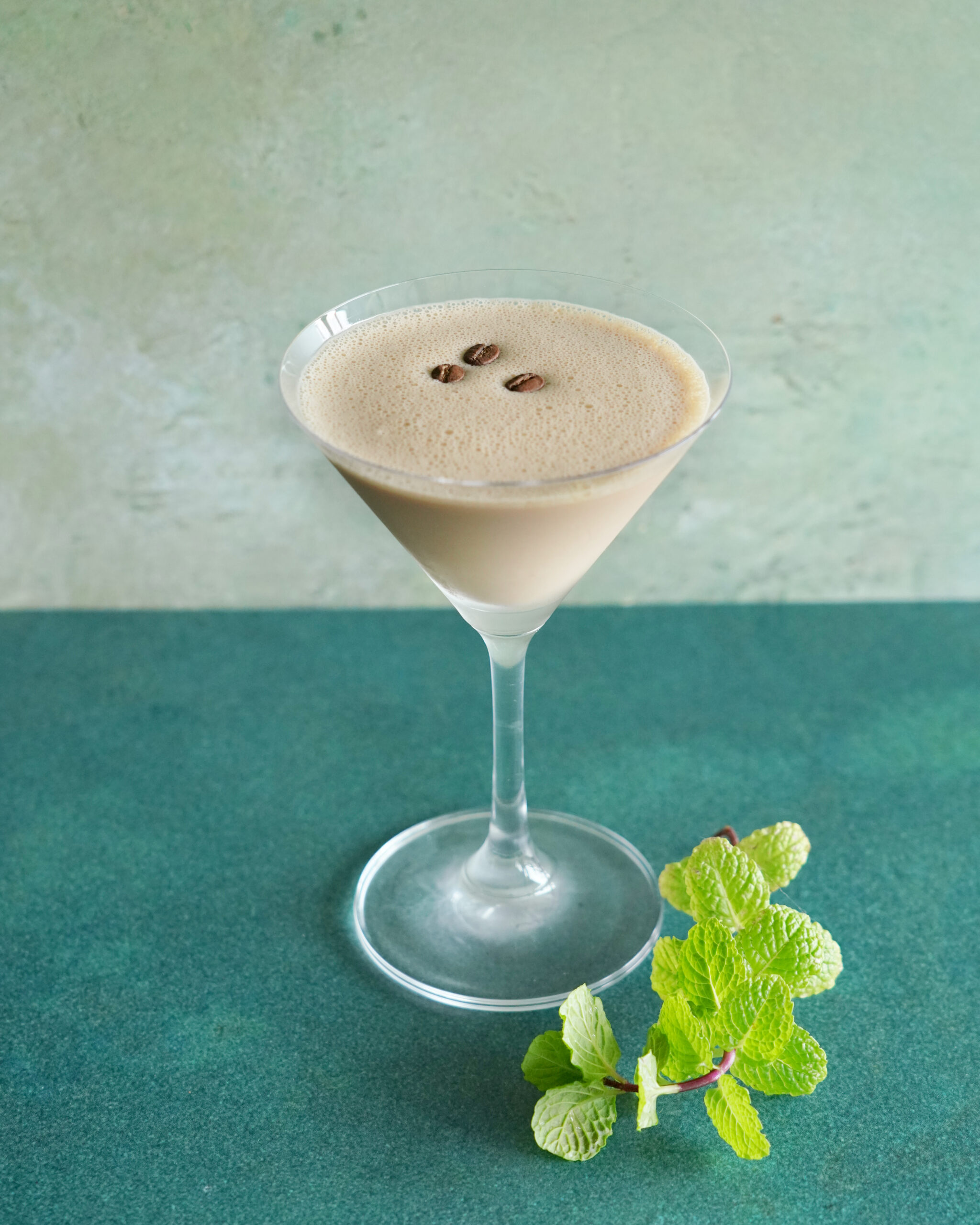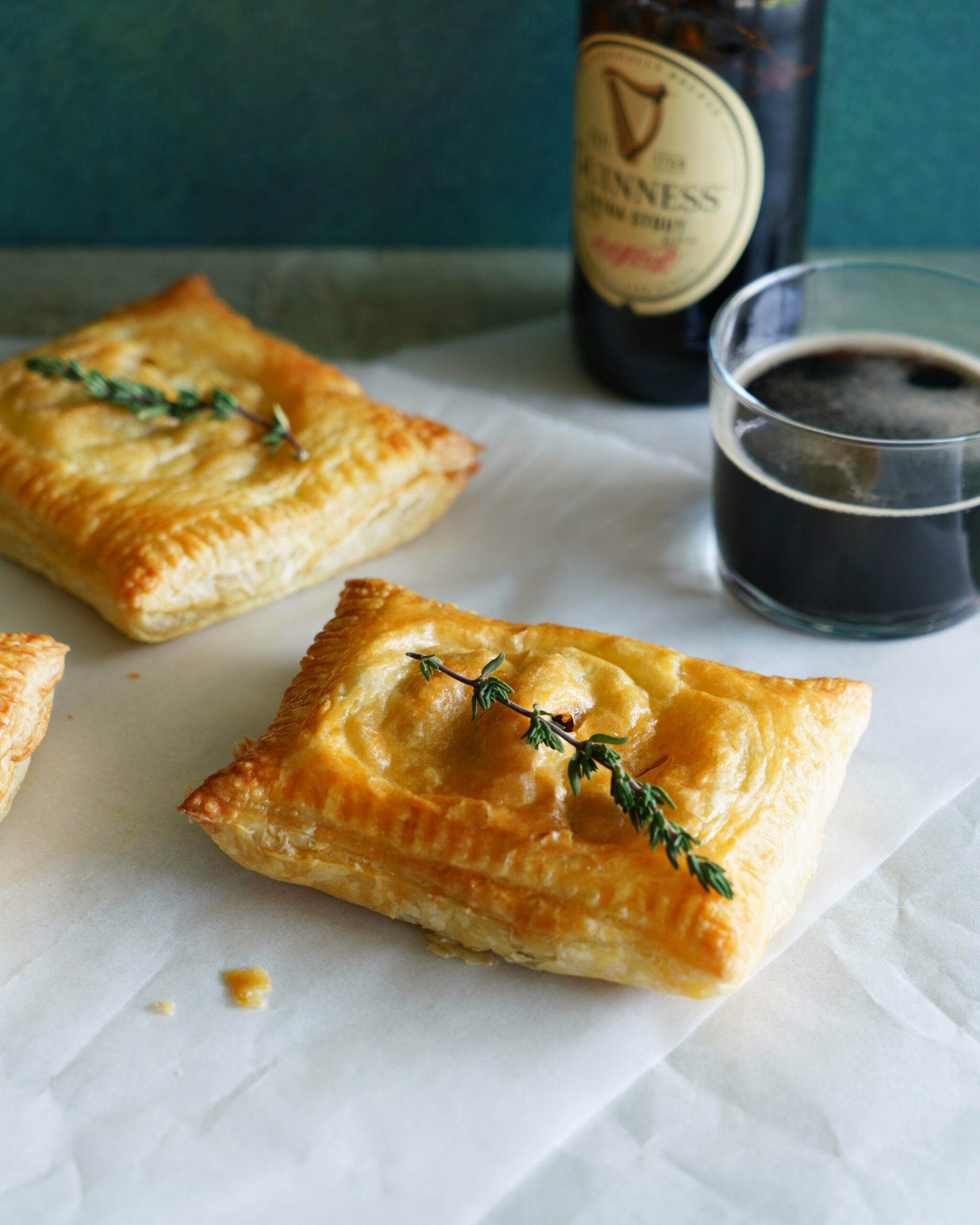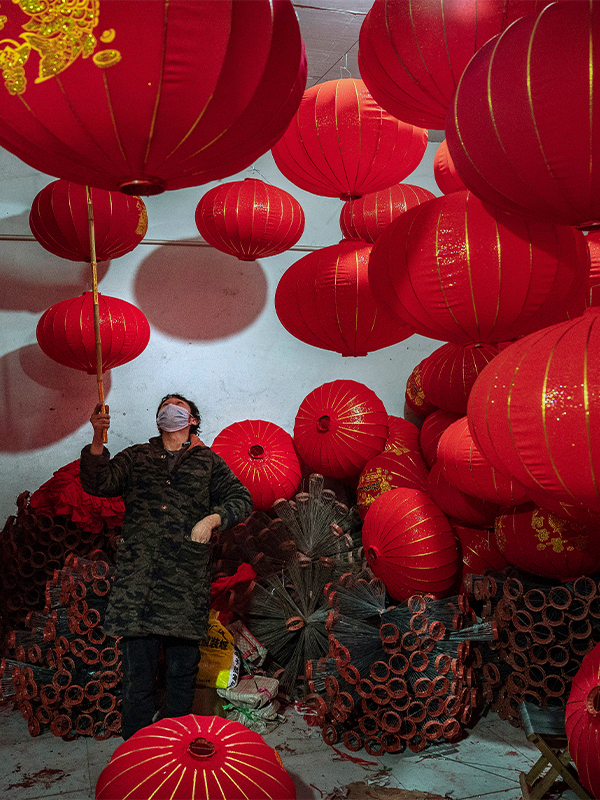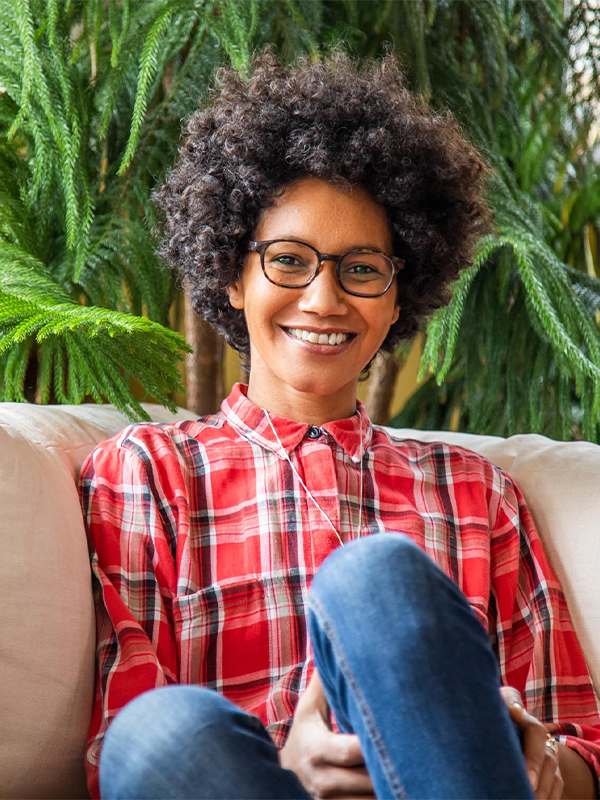“My parents named me Tao,” Dr. Tao Leigh Goffe narrates as she approaches an intricately carved, dark wood chest in season two, episode seven of the Hulu series Your Attention Please: Initiative 29.
Directed by Carmen LoBue, the short film is focused on Goffe—who was born in London and lives in New York City—and her Afro-Asian heritage. Opening the chest, Goffe’s hand grazes family photos and mementos: Black Caribbean men in smart suits, her Jamaican Chinese mother, and red envelopes gilded with gold, containing one word: Legacy.
“I am the sedimented sum of four islands,” Goffe continues in the film as she walks towards the New York City waterfront, followed by her younger shadow, played by actress Yuri Crutchfield. “The Caribbean, Hong Kong, the British Isles, New York City; all of them seas and stretches of water containing many islands.”
The film begins with the phrase, “Ask a Chinese question, get a Black answer.” Those words serve a very specific purpose. “Carmen [LoBue] and I often encounter people’s confusion about how we can be of African and Asian heritage, as if these diasporas have not been in community [with each other] for centuries,” Goffe explains to Sweet July.
LoBue is also Afro-Asian—Black and Filipino. Together as director and subject, Goffe and LoBue sought to explore that intersection of this identity, one so often erased by the mainstream, binary conceptions of ethnicity and belonging. These Afro-Asian intimacies, as Goffe refers to it, are the ways that African and Asian diasporas, cultures, histories and fates merge and intertwine. Though in the context of the Atlantic World, these fates have also been largely shaped by labor and exploitation.
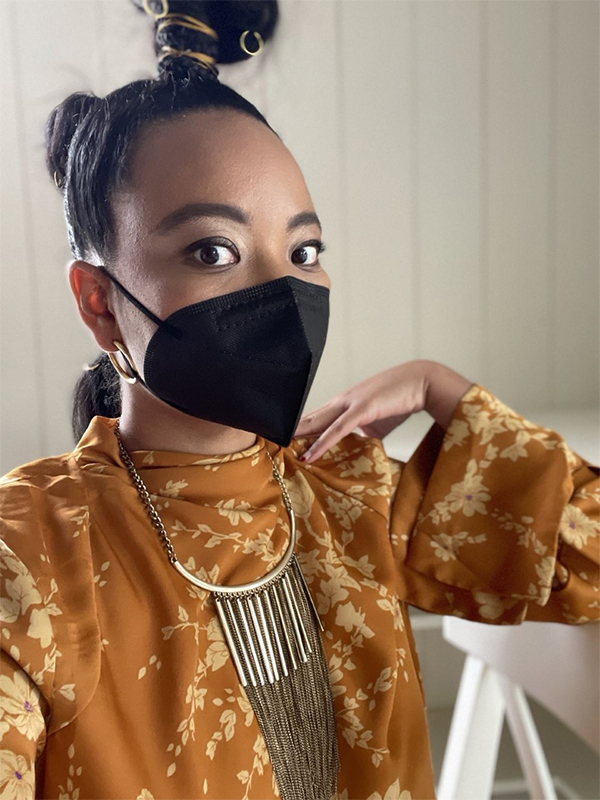
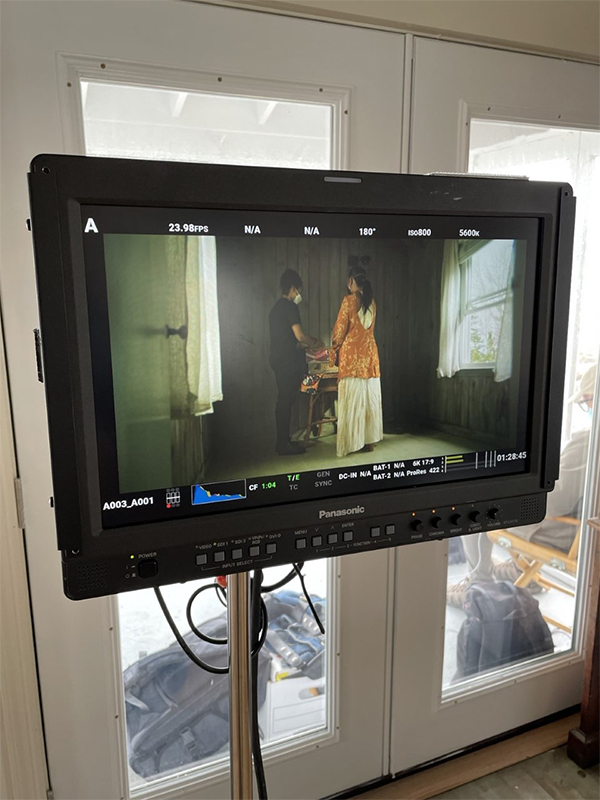
An assistant professor of literary theory and cultural history at Cornell University, Goffe teaches a course called Afro-Asia: Future and Feminisms, which explores African/Asian art and scholarship from Lahore to Chicago, New York City to Hong Kong, and examines it through the lens of race, gender, sexuality and resistance.
Goffe’s other talents include DJ-ing and art—she is also the Artist-In-Residence at Columbia University this academic year. She uses a variety of mediums to tell the stories that fascinate her. As a cook and recipe developer, she also uses food to storytell, especially of revolution. “Especially for Black women, the kitchen is a space of power,” Goffe says. “The kitchen is an imaginative and ancestral space where we can try to honor those labors of our ancestors, both named and unnamed.”
For Goffe, this culinary journey is recent. Like so many people, she started cooking in March 2020 at the start of the pandemic lockdown. “The whole world was collapsing,” she recalls. “There was also the real fear of living in New York City. Restaurants were closing and we were hearing things like ‘The supermarkets are going to shut down. Are bridges going to close?’ All these rumors had me thinking, ‘Wow, do I even know how to provide and cook for myself?’”
So Goffe began with her cravings, a thread of instinctual want that guided her back to various West Indian dishes her grandmothers had cooked. “I began to think, ‘What is the muscle memory of the kitchen? How were my ancestors so used to doing this kind of choreography that was second nature to them, and now I don’t know how to cook?’” she recalls. She began experimenting with curries and fermentation, stews and dumplings—dishes traditionally roasted in leaves and within the earth.
These days, her favorite food to cook is patties. “I always feel super accomplished when I’m able to make Jamaican patties because it is so labor intensive,” says Goffe. The color—that ubiquitous yellow—fascinates her. “I just love the golden crust. Turmeric is also a whole story in and of itself.”
For Goffe, turmeric is part of the essential story of patties, a direct line to Caribbean heritage ranging from Haiti, Trinidad, and Guadeloupe. “Patties are like Indian food, in that most of the time, it’s a curry inside with the turmeric powder. And in the Diaspora, but also in Jamaica, patties are often sold at bakeries, and many are run by Chinese people or people of Chinese descent. So there is a whole kind of Afro-Asian story there as well, if you think about it.”
A pescatarian, Goffe usually fills her patties with curry shrimp instead of the more common beef or chicken. For Bryant Terry’s anthology Black Food: Stories, Art, and Recipes from Across the African Diaspora, Goffe contributed a vegan patty recipe that featured ackee: a fruit native to West Africa and popular in the Caribbean. She replaces butter with coconut oil.
All of Goffe’s food choices are remarkably intentional, integral to her research and often incorporate a strong spiritual element, including questions of the afterlife. Her upcoming book, Black Capital, Chinese Debt, “begins with fermentation and it ends with ancestor worship.” She adds: “In African and Asian cultures, food is often a big part of the ritual of death. There’s the idea of hungry ghosts (pretas) in South and Southeastern Asian cultures; there’s the tradition of libations for the dead within Afro-Diaspora cultures.”
In her Hulu episode, the dead are constantly and joyfully present. Actors representing Goffe’s family are dressed in white, indicating that they are ancestors. On set, Goffe says there was a kind of “ghostliness and haunting in a good way.” LoBue found practitioners who were able to add to the texture and sculpture of the video’s sound by adding ritual blessings that were Yoruba, Confucists, or Daoist in origin. And even the actors found themselves performing traditional spiritual dances unknowingly.
“The actors ended up doing a ring shout without even knowing what a ring shout is,” she says. “It’s a way in which everyone is holding hands together and dancing. It’s an Afro-diasporic ritual or way of communing.”
Naturally, the short film also showcased an abundance of diversity. “That’s the beauty of New York City,” says Goffe. “One person was Thai and Jamaican. Filipino people were there. People who were Afro-Chinese like me wanted to know more about that story and heritage. It felt like this kind of intimacy. I felt honored.”
There was also a substantial amount of gender and sexuality diversity. LoBue, who is non-binary, wanted to show that our collective ancestors existed in so many different ways beyond the binary. “When I looked at what the colonizers did to the enslaved and how that contributes to homophobia in Jamaica, I saw it was really important to represent Jamaicans who are queer.”
By way of delicious meals, dynamic art and research, and thought-provoking essays, Goffe takes Afro-Asian culture and honors its past while constantly looking forward to help define its future. Her dedication to this work is apparent, and it fills those who meet her with warmth—and hope.
It’s one of the reasons LoBue loved working with Goffe. LoBue tells Sweet July that when they first met Goffe, they thought, “Whose child is this? She must really make her ancestors proud.”



